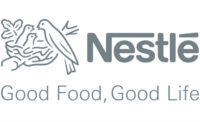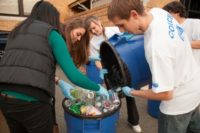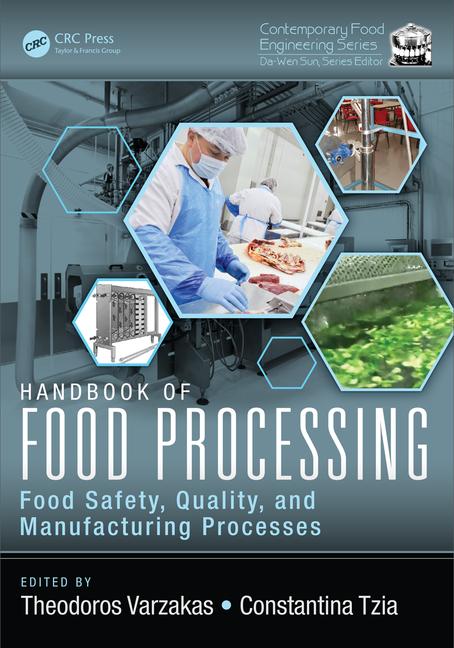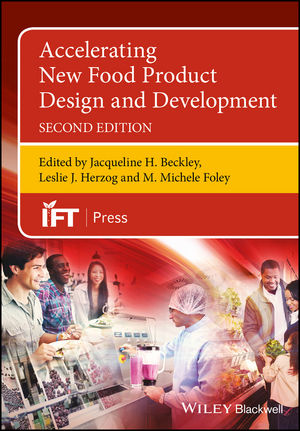If even 25 percent of the food lost to waste and spoilage was saved if would be enough to feed those suffering from hunger worldwide.

|
In an effort to join those fighting such food loss, Nestlé has joined an effort that aims to fight food loss world wide — the SAVE FOOD Initiative.
The move makes Nestlé the 100th member to join the SAVE FOOD effort — broad-based alliance of industrial companies, associations and media.
Each year, worldwide, a third of all food is thrown away or lost while some 842 million people are suffering from hunger.
In 2011, in an effort to find solutions for this problem, Messe Düsseldorf and the Food and Agriculture Association of the United Nations (FAO) jointly launched the SAVE FOOD Initiative, which has also been supported by the United Nations Environment Program (UNEP) since the beginning of 2013.
By networking with its public partner organizations and members in industry, the initiative aims to identify specific ways of reducing international food loss and waste.
“Reducing food loss and waste is an important part of the journey to be able to feed 9.6 billion people by 2050,” says Anne Roulin, global R&D sustainability manager, Nestlé . “We are delighted to join the SAVE FOOD Initiative as the complex issue of addressing food loss and waste can only be tackled through a holistic and collaborative approach. Nestlé is firmly committed to further reducing food loss and waste along the entire production chain from farm to consumers and beyond.”
A multi-faceted global issue
The reasons for food loss and waste differ greatly from one region of the world to the next, SAVE FOOD points out.
In the less developed countries, up to 40 percent of food spoils before it even reaches the consumer.
In contrast, in the Western industrialized nations like Germany, food waste mainly takes place at the end of the food value chain — the consumer.
By all accounts, up to 30 percent of all food is disposed of unused. Just a quarter of the food currently lost worldwide would be sufficient to feed those suffering from hunger worldwide.
To achieve its goal of a substantial reduction in food loss and waste, the SAVE FOOD Initiative is pursuing four successive goals:
1) It is essential to draw the necessary attention to the problem and raise awareness.
2) The involvement of industry makes it possible to pool the resources of private and public organizations.
3) The combination of expertise that arises in this process is used for the development of basic strategies and programs.
4) Building on this, the aim is to establish concrete investment programs that encourage and call for engagement by public and private enterprises.
Central to the SAVE FOOD approach is its networking with industry, since international organizations rely on cooperation with industry in the battle against food loss and waste.
Interpack, as the leading international trade fair for the packaging sector and related processing industries is therefore playing an important part in this initiative by contributing the expertise of its international contacts in industry and associations to the initiative’s work.
At the upcoming interpack 2014 (May 8 - 14, 2014 in Dusseldorf, Germany), a SAVE FOOD Congress on the subject of food loss and waste will be held on May 7 and 8, bringing together experts from industry, the political sphere and civil society.
Companies interested in joining the SAVE FOOD initiative should contact Isabel Chanteaux , tel.: +49 211 4560 208; e-mail: ChanteauxI@messe-duesseldorf.de.











